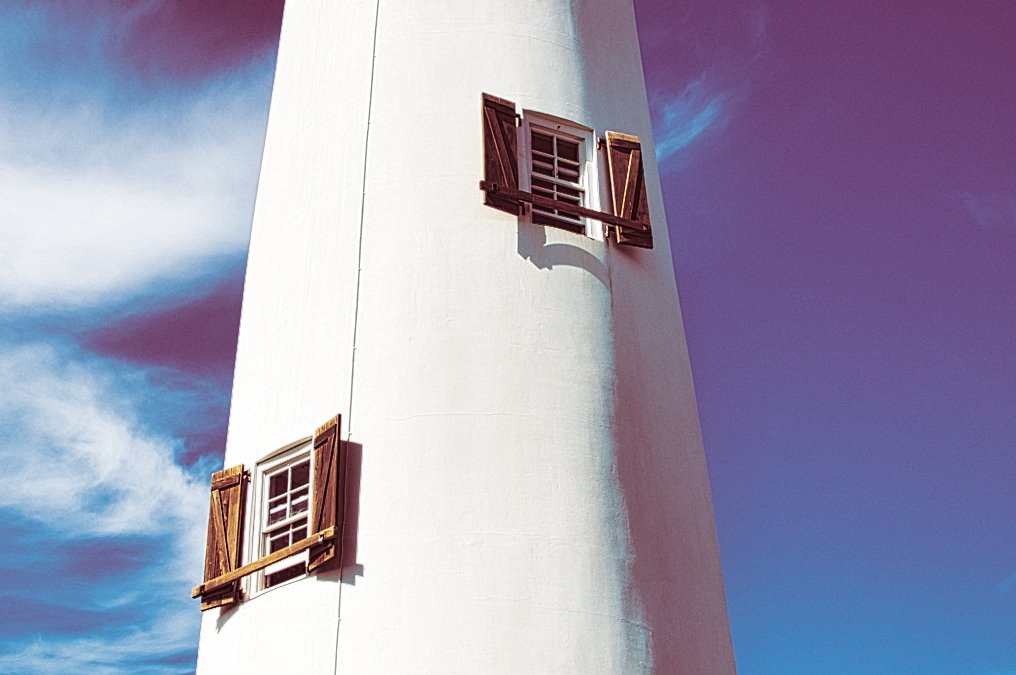How to Stop Performing and Show Up as You Are
It’s a practice, not a goal (isn’t that true of everything?).
When we’re showing up in the public spaces of the online world as creators and/or entrepreneurs, it’s easy to believe we need to perform. Public spaces are performative spaces (this is true of IRL spaces too!). A lot of people are playing parts; many treat it like a game. And that’s fine: it’s one way to be and you can find success that way. But for those of us who have an aversion to being performative (INFPs in particular hate it, and INFJs find it equally challenging but for different reasons), that kind of interaction leads to misery and burnout.
Unfortunately, we rarely feel that we are good enough just as we are. We operate on the assumption that performance of some kind is required for us to be accepted/acceptable.
It sucks to always feel like you have to be more or better to deserve your place at the table, doesn’t it?
What if it were as easy and simple as just showing up? Let’s say you’re invited to a potluck dinner. What if all you had to do was show up in whatever way naturally occurred? Straight from the gym, sweaty and tired. With some chicken McNuggets you only bought because you happened to drive by a McDonald’s and thought, why not, it’s convenient.
What if you sat at the table with everyone else and didn’t say a word all night because you’re tired and nothing worth saying came to mind? What if you got up halfway through, made your apologies, and left because you’d reached your sensory input limit?
What if all that was totally fine, and you didn’t have to worry at all about what people would think, whether they would still like you and invite you back?
Maybe you have friends like this, whose only desire is to have you there at the table, in whatever way you are able to show up. But when it comes to participating in a wider community, especially when we’re putting our work out into the world as creatives, things can feel very inhospitable. It’s easy to get caught up in beliefs about how we need to show up.
We need to be peppy, flashy, and outgoing.
We need to be attractive.
Our work needs to be on point, of excellent quality, engaging.
We need to speak to the zeitgeist (just speaking our truth isn’t enough).
All of these are really the same thing. They’re statements about how we need to be more and better to deserve our place at the table. We need to perform for our dinner. Last-minute chicken McNuggets aren’t going to cut it. Having a quiet night when we just don’t want to have to talk won’t get us a repeat invite.
I’m not going to lie. Those of us who are reserved, shy, introverted, and socially anxious are disadvantaged in some ways. But we have one major advantage, which is ironically the very thing that is also our disadvantage: our inclination toward authentic interaction. If we could just find a way to let go of all the pressure we put on ourselves to perform, to be in certain ways, we could relax into just being ourselves no matter how that manifests.
But how? Like most aspects of the creative life, this is a practice, not a goal. We may never get to a point where we are completely indifferent to how people react to us, but we can practice every day and get better over time. It does get easier, but only if you practice.
Here’s how I do it. It’s not anything fancy, not some brilliant hack. It’s just some basic steps. Step one is finding situations where simply showing up is enough, because this shows you what it feels like. Places where you are not called on to perform anything, and you are able to get a glimmer of what it would feel like to not be pressuring yourself all the time to be something else. You may find this in a relationship, a friend group, or an online community.
Step two is reminding yourself over and over (and over and over) that it doesn’t matter if you’re “doing it wrong.” Remind yourself of this as much as needed in places where you don’t feel as accepted, where that pressure to be more arises within you. Remind yourself that what you naturally have to offer is enough.
Step three is embracing doing it wrong. Turn that wrong into your right. After all, who’s to say it’s either wrong or right? Who has that authority? No one. Or put another way, you have as much authority as anyone else to decide what’s right (for you). Believe me when I say that it is exactly those areas where you feel you’re doing it wrong that people need to hear about!
So what if you don’t know what you naturally have to offer? What if you’ve been performing for so long, you’re a blank when it comes to who you really are? This is step four, and figuring it out is an emergent property of the practice. It will happen gradually as you learn to release the pressure you have been putting on yourself. You may be pleasantly surprised at what you discover.









